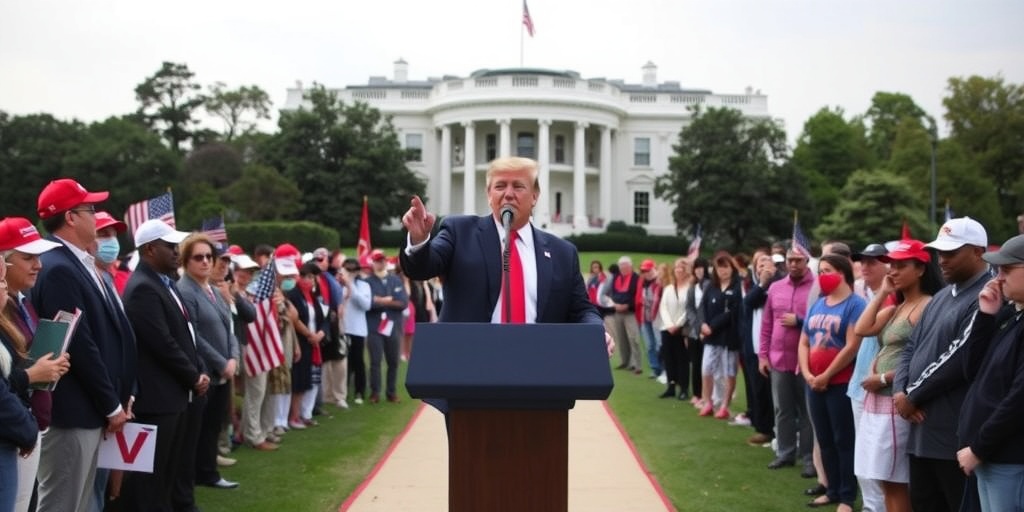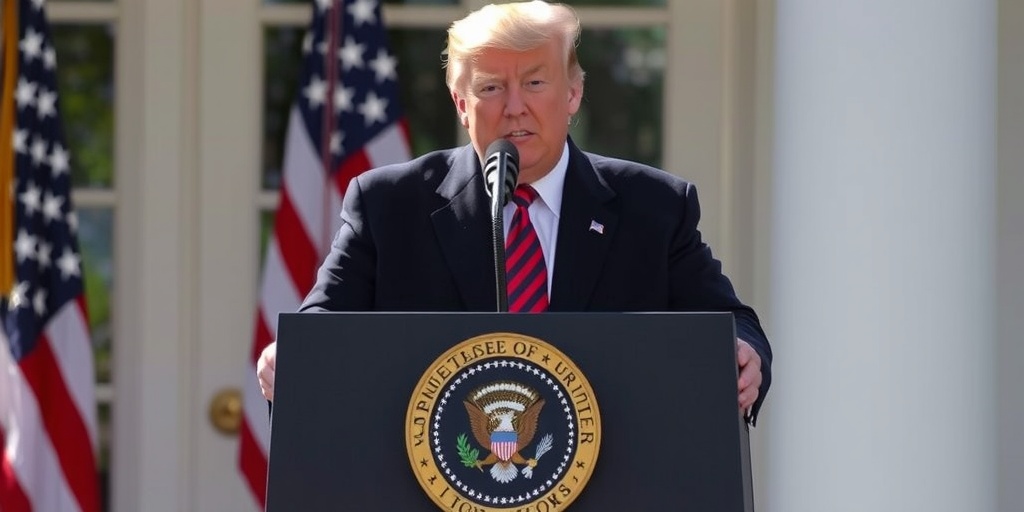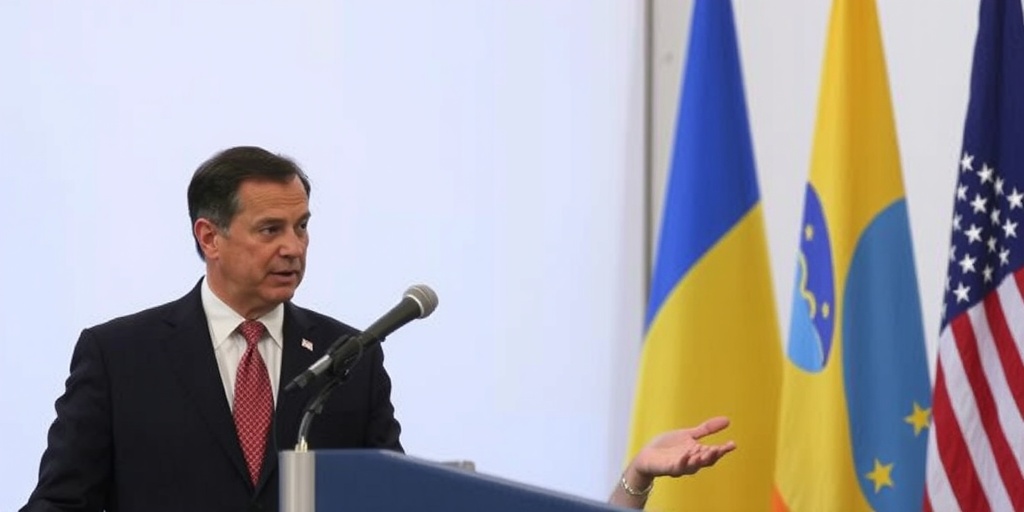Now Reading: U.S. Consumer Sentiment Falls Amid Rising Inflation Concerns
-
01
U.S. Consumer Sentiment Falls Amid Rising Inflation Concerns
U.S. Consumer Sentiment Falls Amid Rising Inflation Concerns
Consumer Sentiment Declines Amid Economic Uncertainty, New Survey Reveals
New data from the University of Michigan, released on Friday, highlights significant declines in consumer sentiment as Americans grapple with increasing economic uncertainties and rising inflation fears. The recent survey indicates an alarming 11 percent drop in consumer confidence for March, marking the third consecutive month of decline. This decline reflects a growing sense of pessimism across all demographics, including varying age groups, income levels, and political affiliations. Since December, consumer sentiment has plummeted by a staggering 22 percent, underscoring concerns about personal finances, the job market, and stock market stability.
Joanne Hsu, the director of the Surveys of Consumers at the University of Michigan, noted, “Many consumers cited the high level of uncertainty surrounding economic policies and other factors. The frequent shifts in economic policies make it increasingly difficult for consumers to effectively plan for the future, regardless of their policy preferences.” This sentiment is echoed in consumers’ revised inflation expectations, which have increased both for the short term and over a five-year horizon. Consumers now anticipate that inflation will rise to 4.9 percent over the next 12 months, up from last month’s forecast of 4.3 percent. Additionally, long-term expectations saw a notable increase to 3.9 percent, reflecting the largest monthly jump seen since 1993. Current data from the Consumer Price Index indicates that inflation is presently at 2.8 percent.
Samuel Tombs, chief U.S. economist at Pantheon Macroeconomics, characterized the situation as “a horrific report,” emphasizing that the elevated economic policy uncertainty and a noticeable drop in stock prices have severely undermined consumer confidence. This preliminary data emerges as President Trump and his economic advisors have openly acknowledged that their strategies aimed at reshaping global trade through aggressive tariffs, adjusting government spending, and making significant changes to the immigration system may inadvertently harm the economy and potentially trigger a recession.
Trump has described the current situation as a “period of transition,” and he has refrained from dismissing the possibility of a recession, resulting in heightened volatility across financial markets. After a notable decline, the S&P 500 rebounded on Friday following its fall into correction territory the previous day, reflecting a drop of 10 percent or more from its peak.
One of the key criticisms surrounding the University of Michigan survey is its reflection of a pronounced partisan divide in consumer sentiment. Republicans have remained relatively optimistic about the economy and inflation since Trump’s re-election, while Democrats have expressed increasingly negative views. This partisan divide persisted through March; however, a noticeable shift occurred as Republicans and independents began to adopt a more negative outlook.
The Federal Reserve is closely monitoring expectations data as it could signal if the central bank’s control over inflation is weakening or if it needs to attune its focus to the implications of slowing growth. Fed Chair Jerome H. Powell recently commented that consumer sentiment data has not historically provided reliable predictions regarding future consumer spending, yet he acknowledged the potential risks posed by policy uncertainty and tariffs on overall growth.
The central bank is anticipated to maintain steady interest rates during its upcoming meeting next week, as it perceives the economy to be on solid ground despite prevailing uncertainties. However, should inflation prove to be persistent or experience another uptick, the Fed has indicated its readiness to postpone rate cuts. Conversely, if signs of weakness in the labor market emerge, the Fed could implement cuts sooner and more aggressively than initially thought.
As these dynamics unfold, it becomes increasingly clear that the intersection of policy uncertainty, inflation fears, and the fluctuating economic environment will greatly influence consumer confidence in the months to come. With consumers tightening their belts and reconsidering spending plans, the implications for overall economic growth and stability could be significant, warranting close attention from policymakers and economists alike.
Stay Informed With the Latest & Most Important News
Previous Post
Next Post
-
 01New technology breakthrough has everyone talking right now
01New technology breakthrough has everyone talking right now -
 02Unbelievable life hack everyone needs to try today
02Unbelievable life hack everyone needs to try today -
 03Fascinating discovery found buried deep beneath the ocean
03Fascinating discovery found buried deep beneath the ocean -
 04Man invents genius device that solves everyday problems
04Man invents genius device that solves everyday problems -
 05Shocking discovery that changes what we know forever
05Shocking discovery that changes what we know forever -
 06Internet goes wild over celebrity’s unexpected fashion choice
06Internet goes wild over celebrity’s unexpected fashion choice -
 07Rare animal sighting stuns scientists and wildlife lovers
07Rare animal sighting stuns scientists and wildlife lovers



















